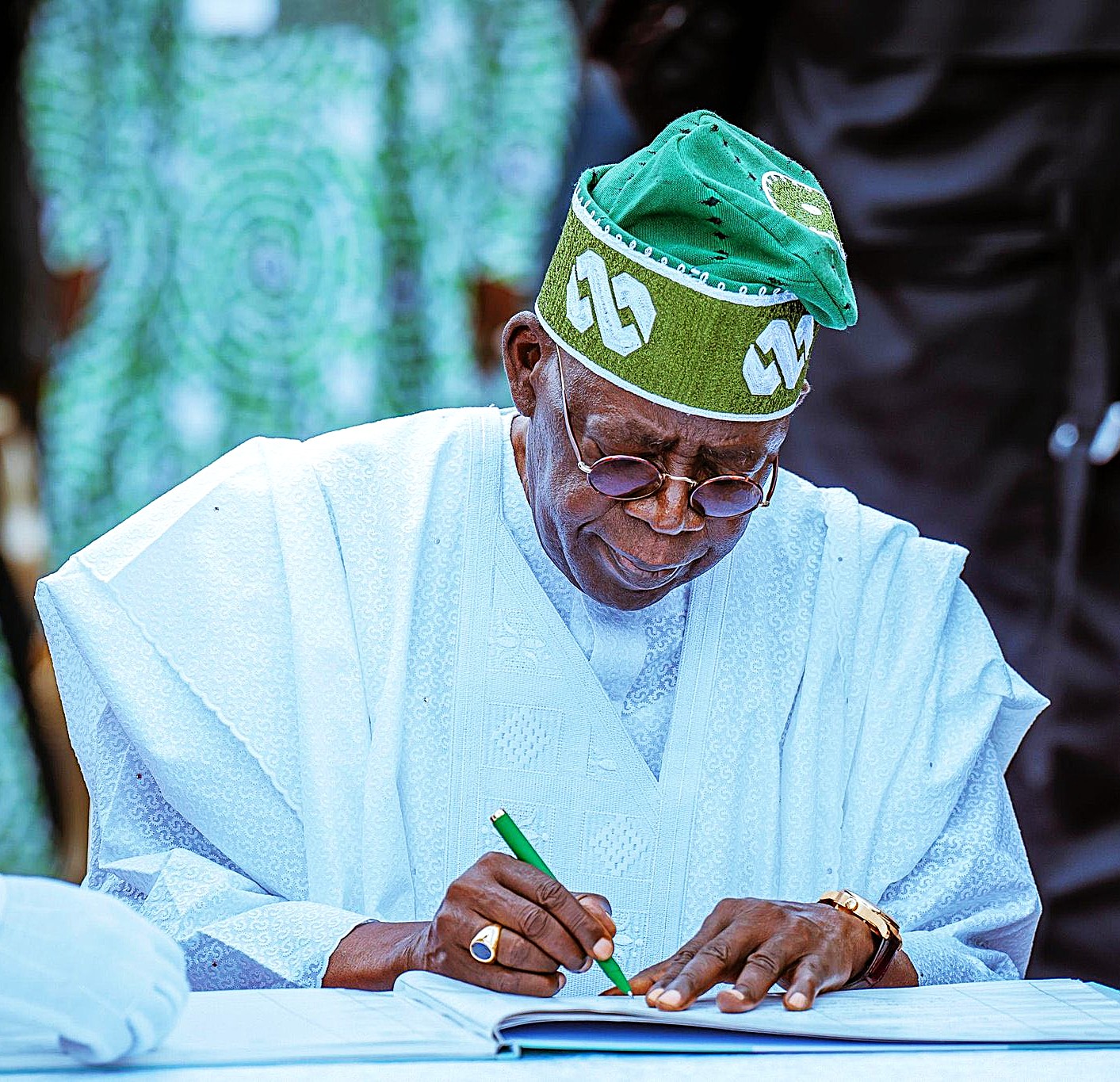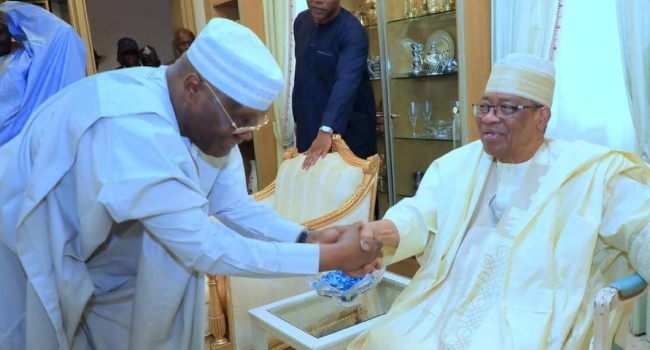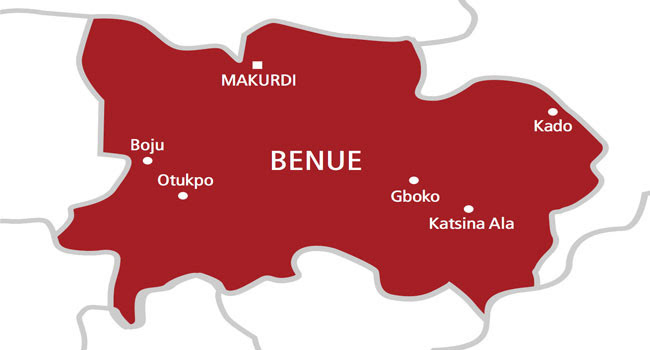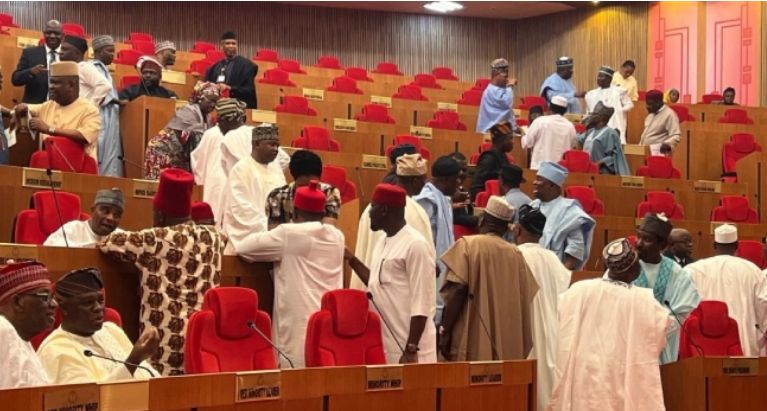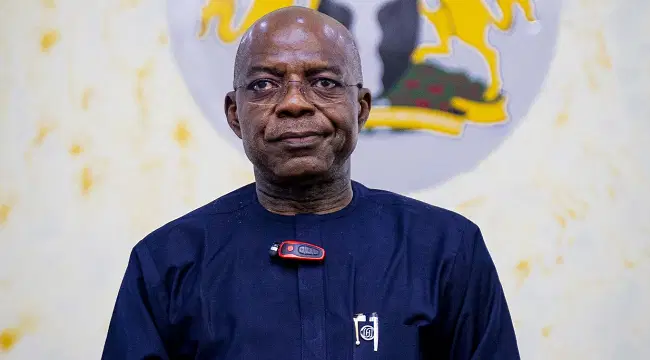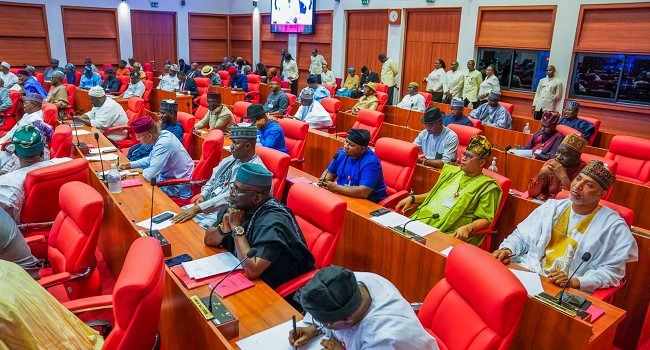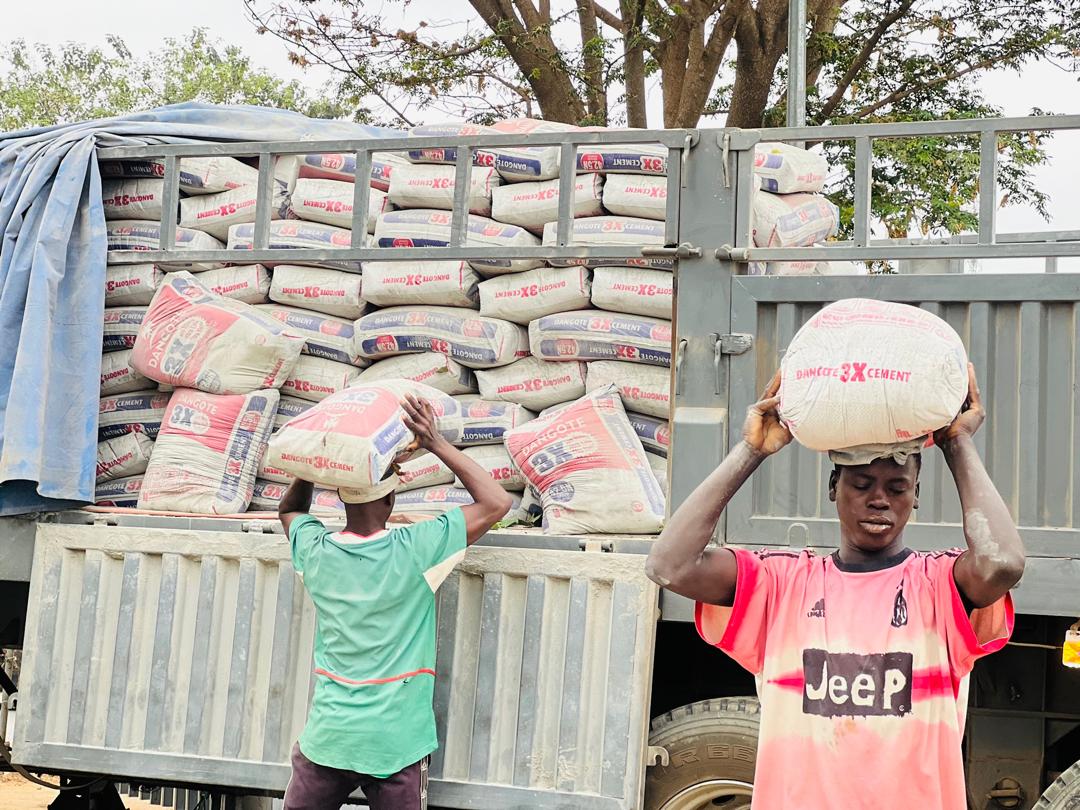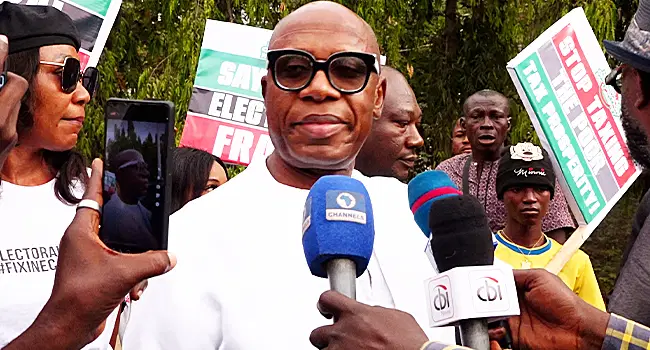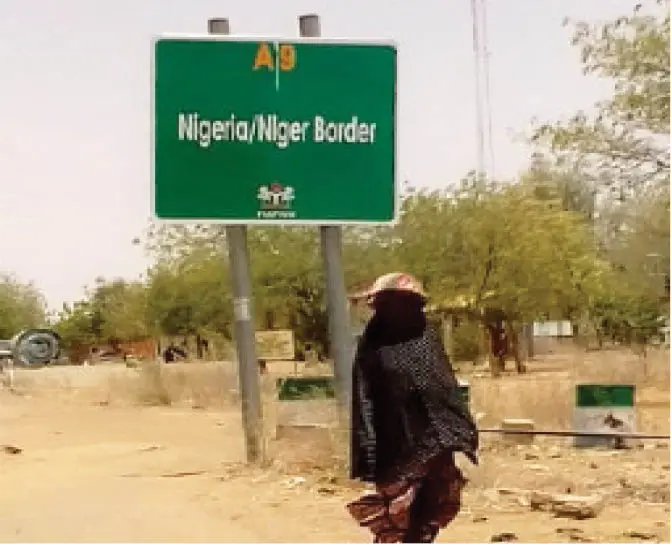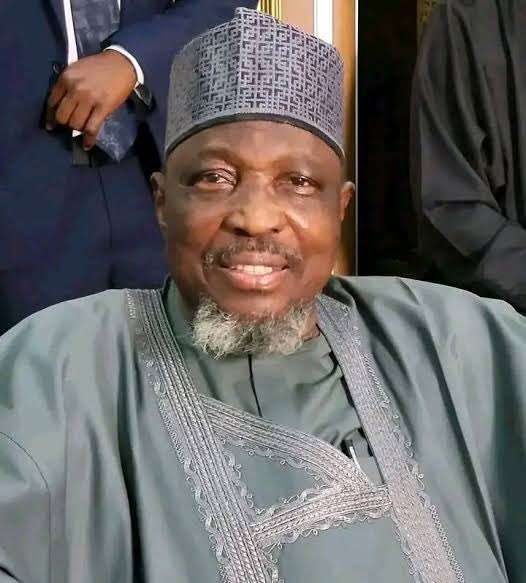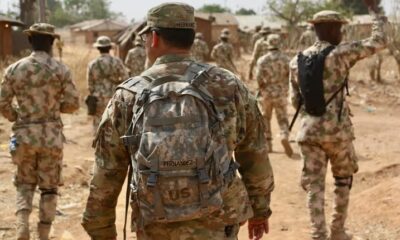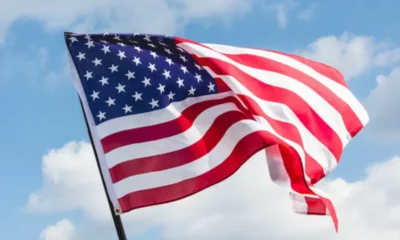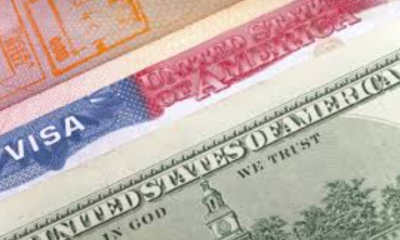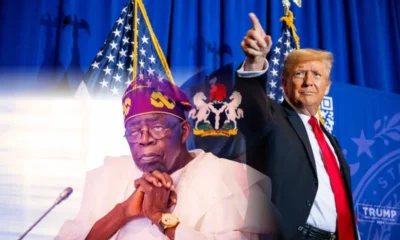World News
US drafts “Heavy”, “Light” strike options for Nigeria after Trump’s order
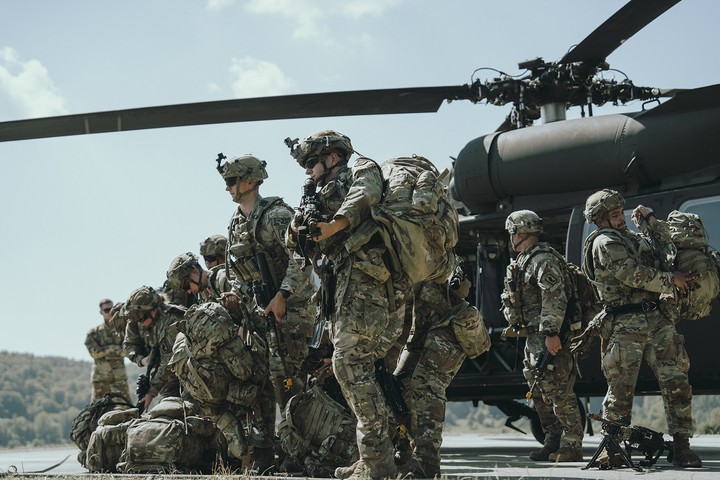
The United States military has reportedly drawn up intervention plans for Nigeria following President Donald Trump’s claim that Christians in the country are facing genocide and his order for military action against terrorists.
Trump, who recently described the situation in Nigeria as “an existential threat to Christianity,” instructed the US Defense Secretary, Pete Hegseth, to prepare a military plan. Hegseth promptly directed the US Africa Command (AFRICOM), based in Stuttgart, Germany, to submit options for possible strikes. The new AFRICOM commander, Gen. Dagvin R.M. Anderson, is also expected to visit Nigeria next month.
According to defense officials cited by The New York Times, AFRICOM presented three escalating options — light, medium, and heavy — for potential intervention.
The light option involves “partner-enabled operations,” in which the US military and State Department would assist Nigerian forces in combating Boko Haram and other insurgent groups that have terrorized civilians in northern Nigeria for nearly two decades. However, this plan faces complications as the US Agency for International Development (USAID), which previously worked in Abuja, was shut down in July under Trump’s directive. Officials also warned that the conflict’s deep-rooted ethnic, cultural, and land-related tensions would make any intervention complex.
The medium option proposes using drone strikes to hit militant camps, bases, and convoys in northern Nigeria. However, this is also complicated by logistics — the US vacated its two nearest drone bases in Agadez and Niamey, Niger, in August, both now occupied by Russian forces. The closest operational bases are now in southern Europe and Djibouti, which significantly limits drone range and efficiency.
The heavy option would involve moving an aircraft carrier group into the Gulf of Guinea and deploying fighter jets or long-range bombers to strike deep into northern Nigeria. But this faces practical constraints, as the US’s available carriers are already deployed in the Pacific, Middle East, or Caribbean, where Trump has launched an anti-cartel campaign. Military officials added that sending a carrier to West Africa was not seen as a 2025 national security priority.
Analysts and military veterans have expressed skepticism about any large-scale intervention. Retired Army General Paul D. Eaton, a veteran of the Iraq war, described the plan as potentially disastrous, warning that it could mirror the failures of Iraq and Afghanistan. “It would be a fiasco,” Eaton said, likening such a campaign to “pounding a pillow.”
Officials also noted that both Christians and Muslims have been victims of Boko Haram and ISWAP attacks, complicating the narrative of a one-sided “Christian genocide.” Despite previous US intelligence support for Nigeria, Washington has long been cautious about direct involvement due to concerns over human rights violations by Nigerian security forces.
-
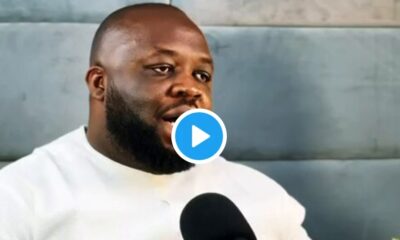
 News2 days ago
News2 days agoObjection overruled by Dr Christian Olatunji (Watch Video)
-
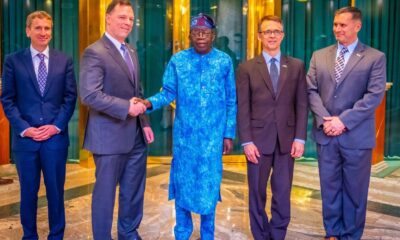
 National News2 days ago
National News2 days agoTinubu meets AFRICOM Chief amid growing US-Nigeria security cooperation
-
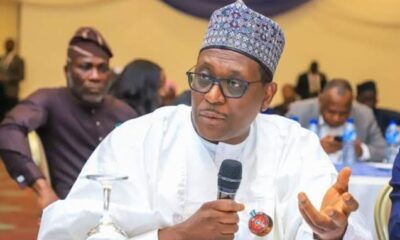
 News23 hours ago
News23 hours ago2025 Budget: Health Ministry accesses only ₦36m of ₦218bn capital allocation — Pate tells Reps
-
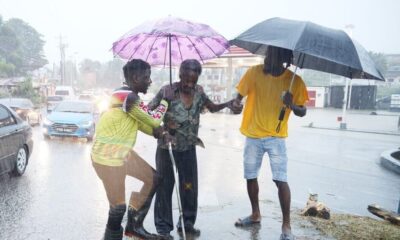
 News2 days ago
News2 days agoNiMet forecasts Sunny, Cloudy skies with chances of thunderstorms in Southern Nigeria
-
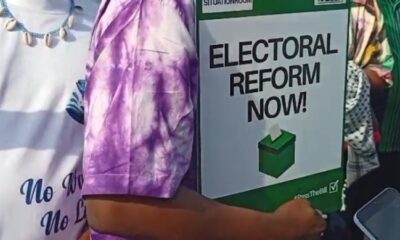
 News2 days ago
News2 days agoJUST-IN: Protesters storm National Assembly over Election Result Transmission
-
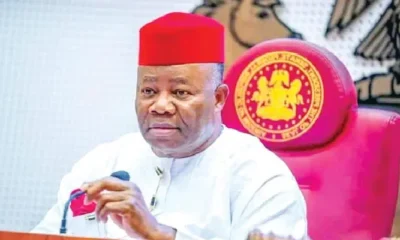
 National News2 days ago
National News2 days agoWhy Senate removed mandatory E-Transmission — Akpabio
-

 News2 days ago
News2 days agoPope Leo XIV condemns Kwara killings, calls for protection of Nigerians
-
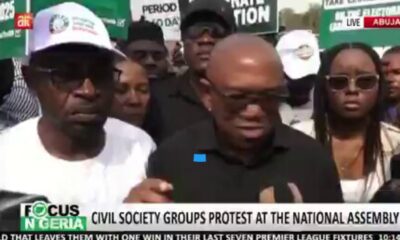
 News2 days ago
News2 days agoBREAKING: Peter Obi joins mass protest in Abuja over Real-Time Election Results (Video)

